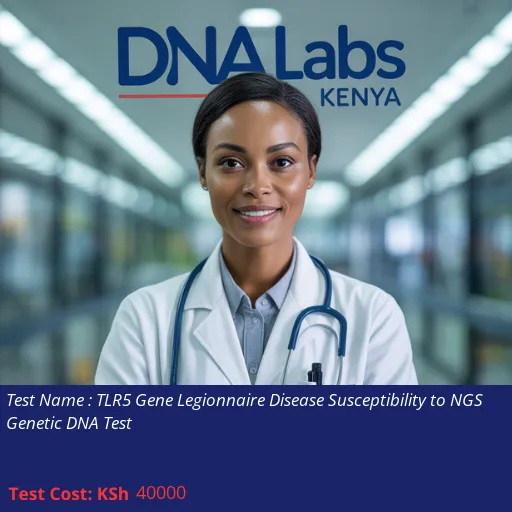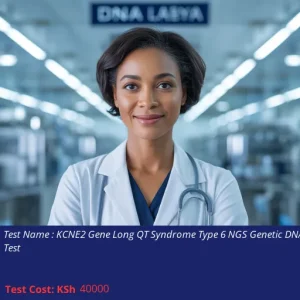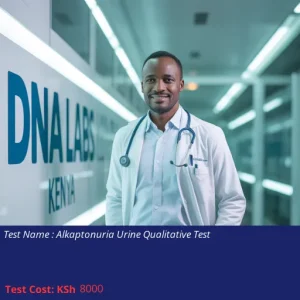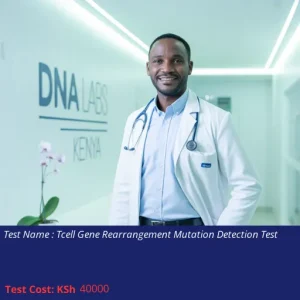TLR5 Gene Legionnaire Disease Susceptibility to NGS Genetic DNA Test
Introduction
The TLR5 Gene Legionnaire Disease Susceptibility to NGS Genetic DNA Test is a cutting-edge diagnostic tool designed to assess genetic predisposition to Legionnaire disease, a serious respiratory infection caused by the bacterium Legionella. This test is crucial for individuals who may be at risk due to family history or specific symptoms.
What the Test Measures
This genetic test analyzes specific variations in the TLR5 gene, which play a significant role in the body’s immune response to Legionella bacteria. By understanding your genetic makeup, healthcare providers can better predict your susceptibility to this disease.
Who Should Consider This Test
Individuals who should consider the TLR5 Gene test include:
- Those with a family history of Legionnaire disease or related respiratory illnesses.
- Patients experiencing symptoms of pneumonia or severe respiratory issues.
- Individuals with underlying cardiovascular conditions.
Benefits of Taking the Test
The benefits of the TLR5 Gene Legionnaire Disease Susceptibility to NGS Genetic DNA Test include:
- Early detection of genetic predisposition to Legionnaire disease.
- Informed decision-making regarding health management and preventive measures.
- Guidance for potential lifestyle changes to reduce risk.
Understanding Your Results
Results from the TLR5 Gene test will indicate whether you have genetic variations associated with an increased risk of Legionnaire disease. A genetic counseling session is recommended to help interpret these results and discuss potential next steps.
Test Pricing
| Price Type | Amount (KSh) |
|---|---|
| Discount Price | 40,000 |
| Regular Price | 56,000 |
Branches and Booking
We have branches across all major cities in Kenya, ensuring easy access to this vital test. To book the TLR5 Gene Legionnaire Disease Susceptibility to NGS Genetic DNA Test, please call or WhatsApp us at +254746286171. Take control of your health today!
Turnaround time for results is approximately 3 to 4 weeks, and the sample type required can be blood or extracted DNA, or even a drop of blood on an FTA card.
Pre-test instructions include a detailed clinical history of the patient and a genetic counseling session to create a pedigree chart of family members affected by TLR5 Gene Legionnaire disease.







